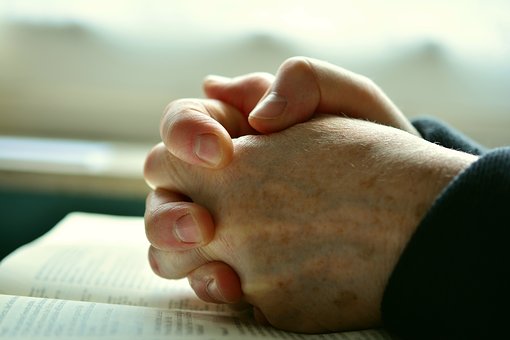The debate about the existence or non-existence of supernatural deities rages on. In one camp, there is the faithful, a group of people who sincerely “believe” in the existence of a God (usually singular) despite the absence of scientifically robust evidence. In the other camp, there are the atheists who adopt the position of “I won’t accept the presence of a God or gods in the absence of robust evidence.”
Proving the existence or otherwise of gods is outside the realm of science
Science can (and has) shed light on some of the physical mechanics behind the creation of the universe (and how organisms developed into the life-forms that we see today). Still, there will always be that fundamental question remaining of who or what caused the big bang?
The Importance of the power of prayer
One area that is very much capable of scientific study, however, is the effect of prayer. The power of prayer is a fundamental part of most of the major religions, and the premise is that if you pray to your God, there is a chance that he may intervene to provide you with the miraculous outcome that you desire.
 Being able to prove that prayer delivers results would be a massive coup for the religious community, so it is hardly surprising that there have been efforts by religious bodies to achieve this. Unfortunately (at least for religious believers), the results have delivered a rather damning assessment of the power of prayer.
Being able to prove that prayer delivers results would be a massive coup for the religious community, so it is hardly surprising that there have been efforts by religious bodies to achieve this. Unfortunately (at least for religious believers), the results have delivered a rather damning assessment of the power of prayer.
Study of the therapeutic effects of intercessory prayer (STEP) in cardiac bypass patients:
Experiment on Prayers
The Templeton Foundation decided to fund research aimed at proving that prayer does deliver statistically meaningful results. The study took a group of patients who were recovering from heart surgery and randomly assigned these patients to 3 groups. Group 1 received prayers but was unaware of this. Group 2 was the control group and received no prayers (and were unaware of this). Group 3 then received prayers and did know that they were being prayed for.
The hope was that those who were being prayed for (by church congregations) would show a statistically relevant improvement in their recovery than the control group that wasn’t being prayed for. The results though were somewhat different!
The American Heart Journal published the results of the study in 2006. For groups 1 and 2, there was no difference between those who had been prayed for and those who hadn’t. However, there was a difference between groups 1 and 3. Both these groups had been prayed for, but those who knew that they were being prayed for (Group 3) fared worse, suffering significantly more complications in their recovery.

This study has been widely reported. Of course, it is just one study and we shouldn’t, therefore, rush to describe it as conclusive evidence that prayer doesn’t result in a miraculous supernatural intervention from a deity*. However, it is interesting and it does seem like an area that can fit within the remit of science. However, having reportedly spent $2.4 million on a study that didn’t deliver their desired results, I imagine that the Templeton Foundation may not be overly keen to spend money on further studies!
Indeed, I suppose non-Christian religious believers might simply (and rather cheekily) suggest that it just shows that the congregations were praying to the wrong God?!






